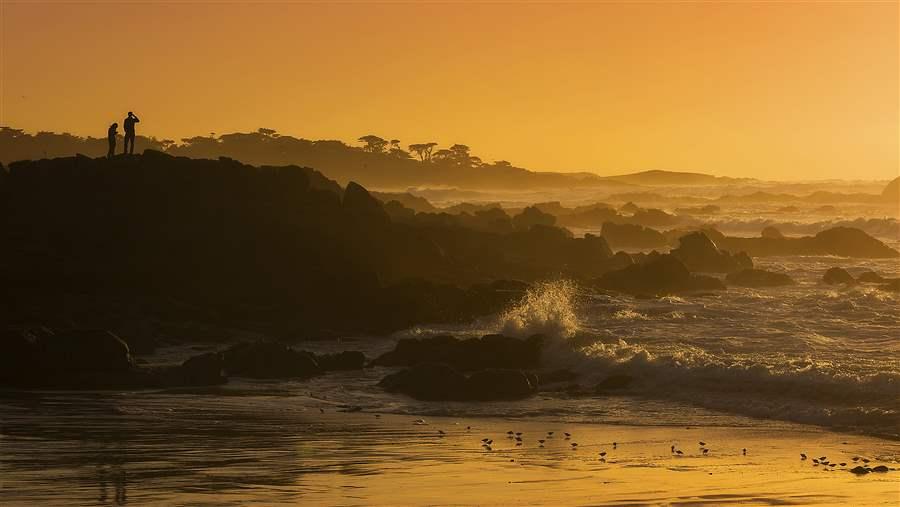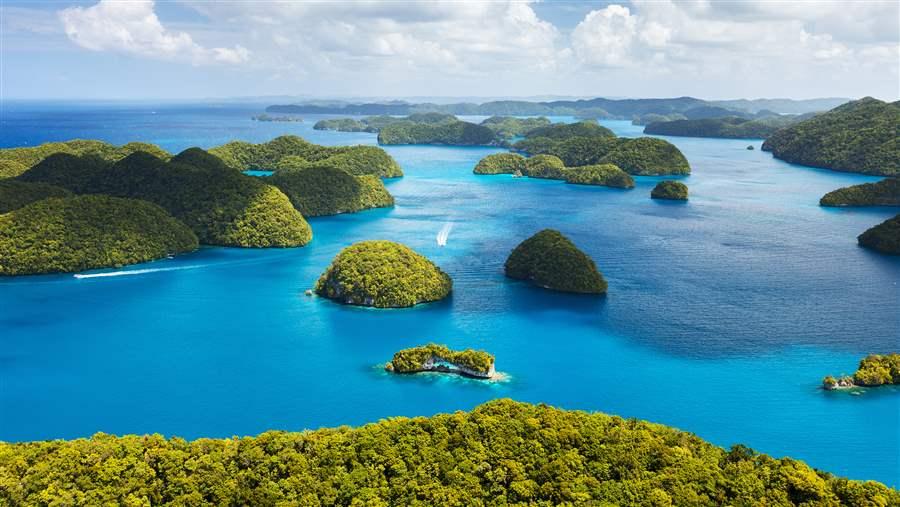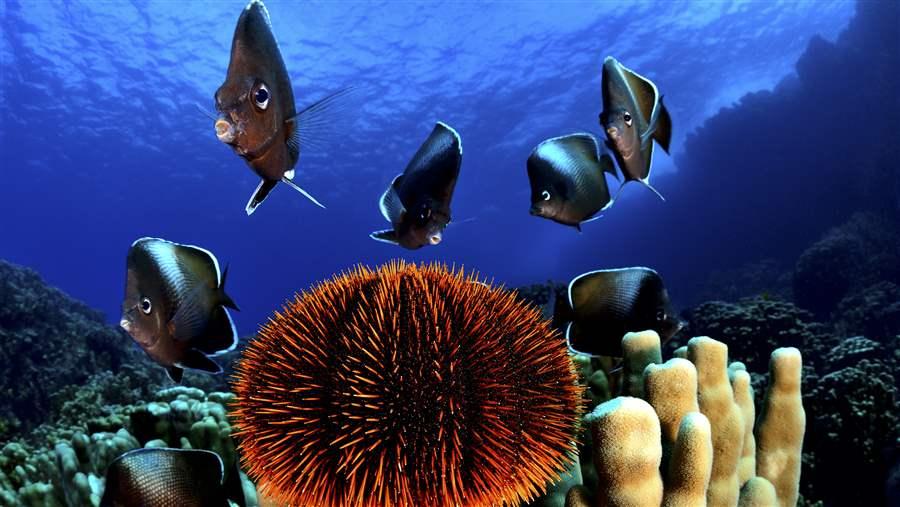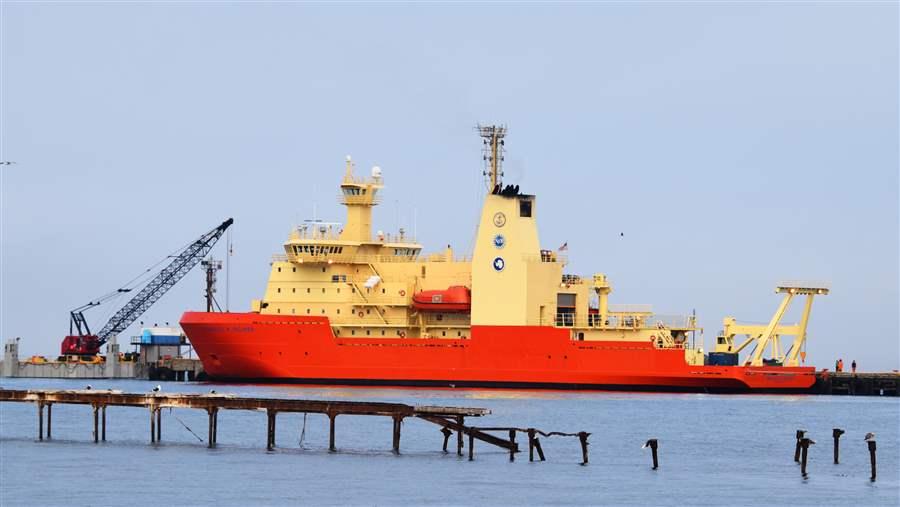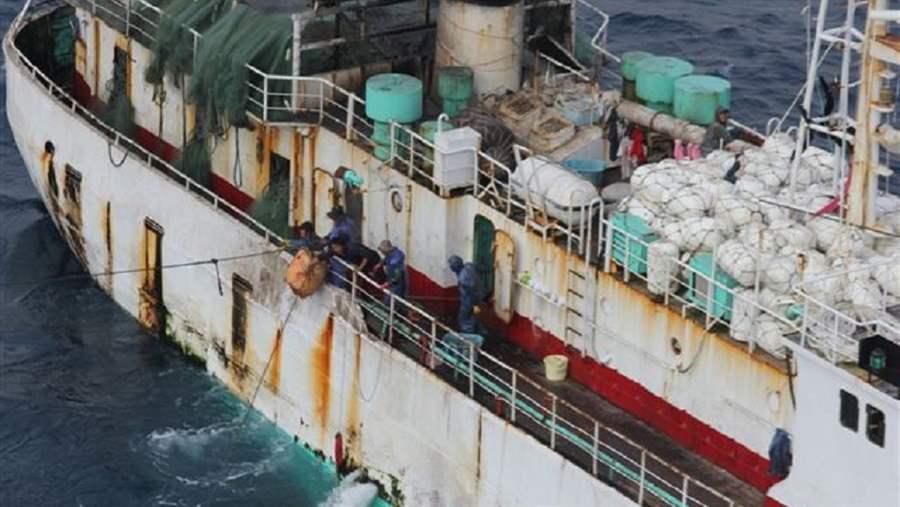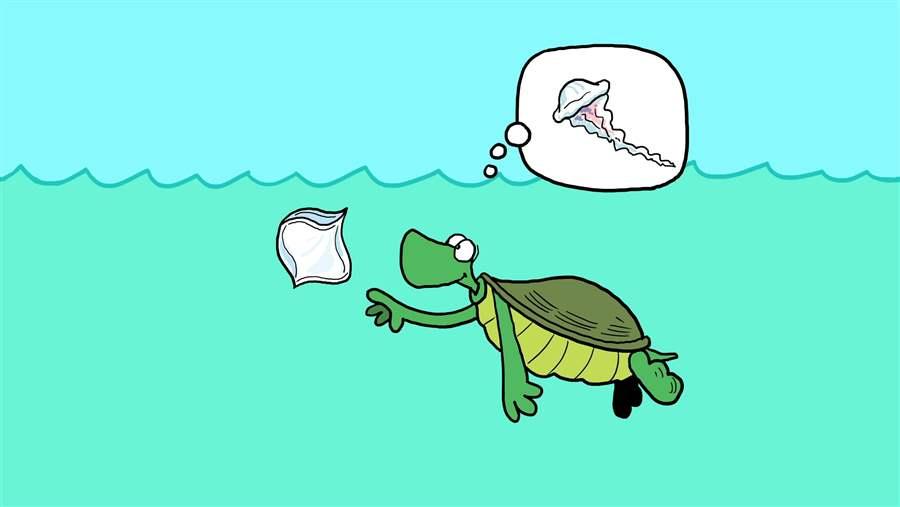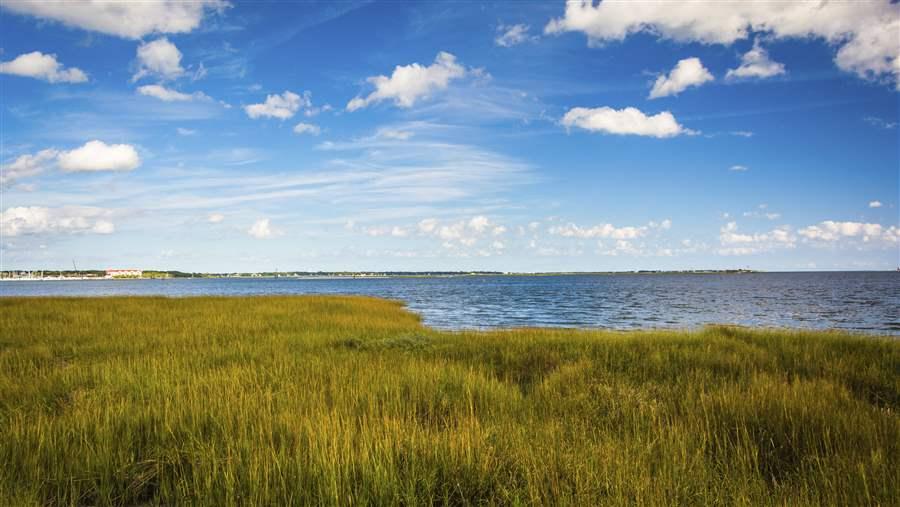As Ocean Threats Grow and Shift, Experts Weigh New Conservation Solutions
Technology, infrastructure, and marine reserves top Capitol Hill Ocean Week agenda
Few things are as big as the ocean, but right now the problems confronting our marine environment come pretty close. From pollution and illegal fishing to warming waters and storm-battered coastlines, the issues facing the ocean conservation community are looming large. Experts will grapple with these and other challenges to our seas and the Great Lakes when they gather this week in Washington for Capitol Hill Ocean Week, which is among the marquee summits of National Oceans Month.
Here are some resources and insights on the events that will take center stage when the three-day conference, sponsored annually by the National Marine Sanctuary Foundation, kicks off Tuesday, June 13.
U.N. summit on ocean health
The United Nations hosted its Ocean Conference last week in New York seeking further progress on U.N. Sustainable Development Goal 14, which calls for nations to conserve and sustainably use the oceans. Experts, policymakers, thought leaders, and others discussed issues ranging from illegal fishing—which is estimated to account for up to $23.5 billion worth of seafood every year—and the value of marine protected areas, to local leadership on ocean conservation and international governance of the high seas.
Benefits of marine reserves
Marine reserves are climate reserves, according to the results of a study published last week in the Proceedings of the National Academy of Sciences. The research—led by marine conservation biologist Callum Roberts of the University of York in Britain—found that reserves can make ocean ecosystems, their biodiversity, and people who depend upon them more resilient to the impacts of climate change. The study also indicated that these benefits are greater when the protected areas are large, well-managed, in place for many years, and strict regarding what human activities are allowed.
Leveraging ocean exploration to help species
Many among us dream of far-flung ocean expeditions, but few will realize those ambitions. A staff member of The Pew Charitable Trusts defied those odds last year when he joined a team of Southern Ocean experts on a voyage to Antarctica—in the middle of winter—to conduct research that will inform conservation policy for krill, a tiny crustacean that underpins the region’s food web.
Technology as a game-changer
Two decades after satellite-based vessel monitoring systems began playing a bigger role in fisheries management, new technologies have made space-based systems a critical tool in the global fight against illegal, unreported, and unregulated fishing, which accounts for up to 26 million tons of seafood annually, or up to 1 in 5 fish taken from the seas.
The problem with trash in the ocean
From soda cans, plastic bottles, and other trash to old tires and sunken ships, marine debris is as common as fish in the ocean now. That junk is killing and injuring sea life, impeding navigation, leaching chemicals, and even ending up in our food.
Shoring up nature-based solutions
Updating our country’s aging infrastructure is one of the new administration’s priorities. Accomplishing that will require more than repairs to roads and bridges. Cities, states, and the federal government must make sound investments inland as well as on the coasts to modernize infrastructure to withstand rising sea levels and increases in the frequency and intensity of natural disasters. Two prominent city leaders are circulating a proclamation to encourage development that sets resiliency standards for buildings and infrastructure built before and after flood-related catastrophes, uses nature-based solutions in planning and preparedness, and reduces unsustainable development in high-risk areas.
No gathering of experts, however impressive, will solve all these problems in one week. But by using Capitol Hill Ocean Week and other meetings to confront the perils facing our oceans—and returning home to work urgently toward solutions—we raise the chances that we’ll leave this planet in better shape than we found it.
Tom Wathen is a vice president of The Pew Charitable Trusts, directing its environmental work in ocean conservation and land protection.
